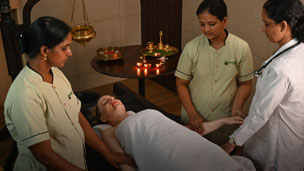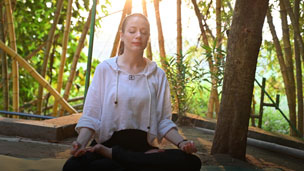


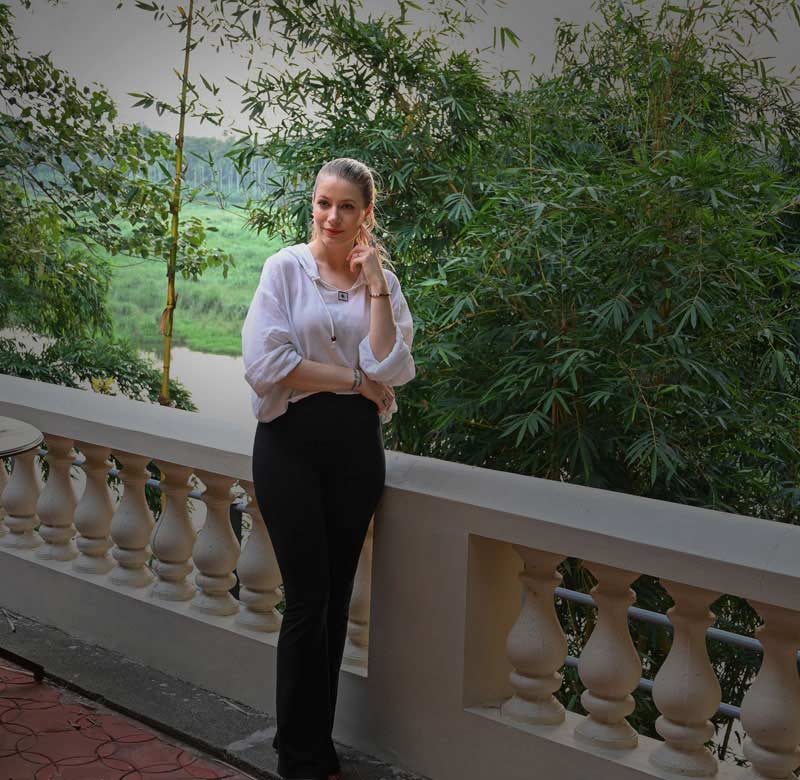

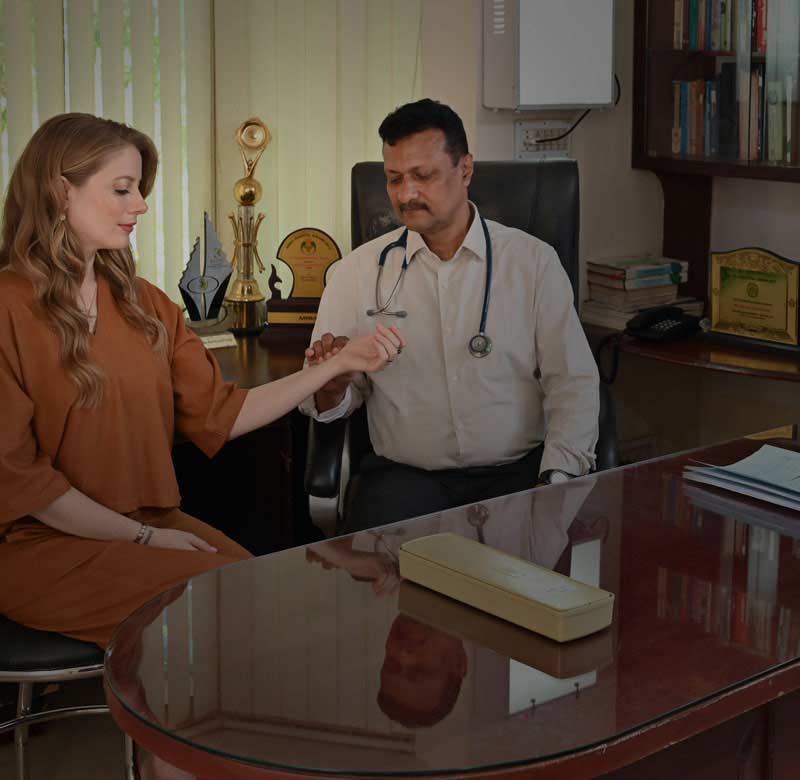

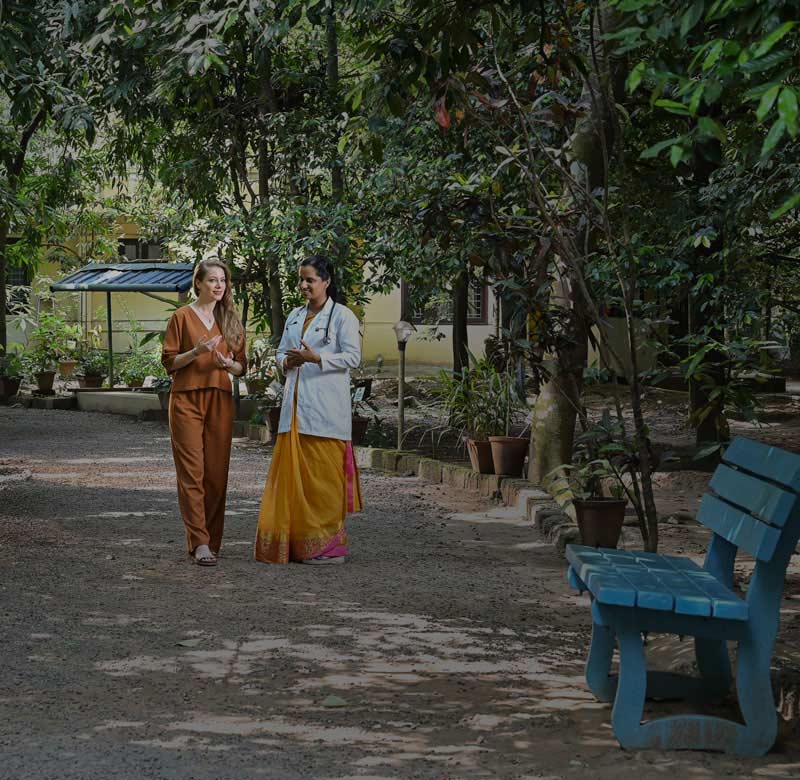
For authentic & scientific
ayurveda
Nagarjuna has developed speciality protocols
and adopted integrated and holistic approaches “to improve
the quality of life of ailing population”.
Rheumatic Arthritis
Rheumatic Arthritis, also known as arthritis, is a condition characterized by joint inflammation. The primary symptoms include pain and stiffness. Typically, arthritis is associated with aging, most commonly affecting individuals aged 50 and above. Arthritis can be broadly classified into two types: degenerative and infective. Both types pose challenges in terms of management.
Degeneration is a natural process that occurs in the body. However, it can be slowed down by addressing lifestyle factors. Sedentary habits and excessive weight can put strain on the joints, particularly weight-bearing joints like the knees, hips, and ankles, leading to faster degeneration. Injuries and improper joint handling can also contribute to the development of arthritis.
Infective arthritis encompasses various types, with Rheumatoid Arthritis (RA) being the most common. RA is an autoimmune condition that primarily affects the small joints, causing inflammation. If not properly managed, it can result in joint deformities. Steroids are often prescribed for the treatment of RA.
The approach to treating both types of arthritis differs slightly. In cases of infective arthritis, the initial focus is on addressing inflammation before directly treating the joint. In most cases, inflammation occurs throughout the body, even if it is only evident locally. Ultimately, the treatment for both types involves strengthening the muscles surrounding the joint and toning the soft tissues. Making mild to moderate lifestyle changes is also necessary for sustainable results.
Osteoarthritis (OA) is a degenerative joint disorder characterized by the absence of inflammation. It affects both the bones and cartilage of the affected joint. OA can occur at any age, but it is more prevalent in overweight elderly adults and commonly affects larger joints such as the knee, shoulder, and hip. Pain is the main symptom, and in advanced cases, the joint may produce a crackling sound during movement. Occasionally, the joint may become filled with fluid. Significant symptoms of OA include pain while descending stairs.
Since OA is a degenerative condition, the primary focus is on halting its progression. Dryness is often experienced due to bone degeneration and friction. The duration of treatment may vary from 14 to 21 days, depending on the severity and response to procedures. Along with improving the joint condition, efforts are made to strengthen the muscles surrounding the affected joint. Once achieved, the joint begins to repair itself. Proper follow-up, medication, and making moderate lifestyle changes are essential for managing OA.
In addition to arthritis, other conditions like Rheumatoid Arthritis, Gout, Osteoporosis, and Frozen Shoulder can also be addressed.
Remedies for arthritis include:
- Ayurvedic methods: Long-term remedies for arthritis involve comprehensive treatment approaches that aim to digest toxins (Ama) and reduce Vata. This gradual method includes a series of authentic Ayurvedic treatments to improve digestion, prevent the production of toxins, and achieve long-term results.
- Fasting: Fasting, either complete or partial, is highly beneficial for enhancing the digestion of toxins.
- Light exercises: Engaging in appropriate exercises that suit individual capabilities complements the daily Ayurvedic treatments.
- Fruit juices rich in Vitamin C: Consuming fruit juices high in Vitamin C helps improve the effectiveness of Ayurvedic anti-arthritis treatments and reduces skeletal pain.
- Guggal (Commiphora wightii): This herb is highly effective in treating arthritis. The recommended dosage ranges from one to three grams, taken twice a day with warm water after meals. However, it is important to note that Guggal is not suitable for individuals with kidney diseases or allergies.
Additionally, incorporating certain anti-inflammatory foods into the diet can benefit arthritis patients:
- Fish rich in omega-3 fatty acids (salmon, mackerel, tuna): These fishes help reduce arthritis
Please fill up the form to get in touch with us, or contact us for any queries

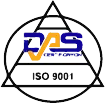

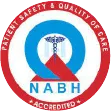

Terms of use | Privacy Policy | Contact us
Copyright © 2026. All Rights Reserved
Designed & Developed by Websoul Techserve



